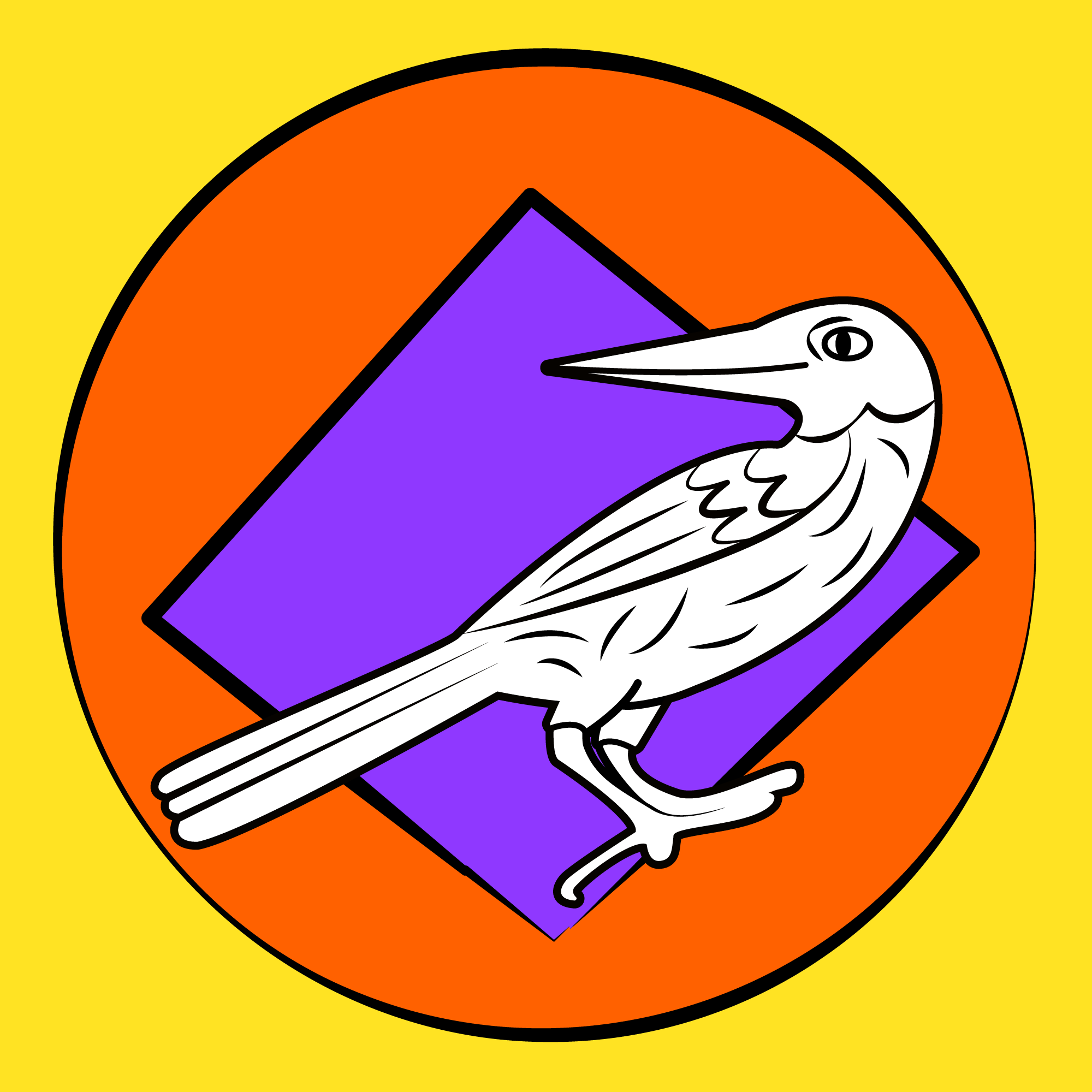Project N95, the nonprofit organization that distributes high-quality masks and other Covid-19 safety equipment, announced last month that it will wind down its operations at the end of 2023. This closure marks the end of an effort that provided a trustworthy place to buy masks online and distributed millions of free masks to communities in need. Like other advocacy and mutual aid groups, Project N95 took on a role that many health experts say should have been filled by government agencies.
In social media responses to the announcement, people with disabilities and others in the Covid-conscious community expressed thanks for the organization’s work and sadness about its closure. Many masks sold online don’t protect their users against Covid-19 and other respiratory pathogens as well as advertised. Project N95, which used an extensive vetting process to ensure masks sold through its site were high-quality, became a trusted source.
While customers will no longer be able to purchase masks from the Project N95 shop after December 17, the team is working on an online tool that will direct customers to the organization’s vetted suppliers, Anne Miller, the nonprofit’s executive director, told The Sick Times. Project N95 will distribute the remaining masks in its inventory to individuals who fill out its free mask request forms.
In the early days of the pandemic, even healthcare workers couldn’t get high-quality masks, Miller said. The organization started by partnering with medical organizations to distribute masks for these workers, then expanded in 2021 to support other communities. Project N95 coordinated mask donations from manufacturers, collected financial donations to purchase more masks, and worked with the FXB Center for Health & Human Rights at Harvard University, along with other partners, to get those masks to communities who needed them.
The project was driven by “the importance of access,” Miller said. For her, access means low-priced or free products and education on how to use those products appropriately. As of November 2023, Project N95 has distributed more than 37 masks and other personal protective equipment through its shop and has donated more than five million items to people in need.
The online mask shop became popular in the disability and Covid-conscious communities, as demonstrated by gratitude and sadness on social media in response to Project N95’s shut-down announcement on November 21. Users on Twitter/X and Bluesky thanked the project for its work vetting high-quality masks and distributing supplies to vulnerable communities, with some expressing that these activities may have saved lives.
Other online marketplaces for masks have been less reliable than Project N95, which independently reviewed masks to ensure their quality. Retailers often sell counterfeits that fail to protect from respiratory pathogens as advertised; in fact, about 60% of KN95 masks that the CDC’s National Institute for Occupational Safety and Health (NIOSH) evaluated in 2020 and 2021 did not meet filtration standards.
Project N95’s online mask shop is open through December 17, and people can request free masks through December 20. The request process is straightforward, with no documentation of financial need required: individuals are simply asked to share their address while community groups are asked to provide a few details about their organization and how they plan to distribute free masks.
To continue supporting Project N95’s customers after the shop closes, the team is working on an online guide that will direct people to the websites of vetted suppliers, Miller said. Continuing to prioritize access, Miller aims for this tool to look similar to the current shop so that customers “can come and say, ‘that’s the mask that I like, this is one I’ve used before,’ and then you can click through and go to that site,” she said.
In the meantime, Miller recommends that anyone looking for high-quality masks for this winter prioritize buying N95s approved by NIOSH, as these products are held to a high safety standard. Below N95s, she recommends KF94s that are regulated by the Korean government. KN95s, another popular mask type, are “not regulated at all,” so more research is needed to ensure these masks are safe, she said. If customers are set on KN95s, one option may be to look at U.S. companies that also manufacture N95s, she suggested.
While Project N95 is winding down, the organization’s work over the last four years offers many lessons for other groups seeking to make protective equipment widely accessible. Mask blocs across the country, along with other mutual aid and advocacy groups, continue to distribute masks to their communities. “Anyone can start a mask bloc, and it’s not too late,” an organizer from Mask Bloc NYC wrote to The Sick Times, pointing to this resource for getting started.
Editor’s note, December 5, 4 pm EST: This story has been updated with a corrected date for the closing of Project N95’s shop. It will be open through December 17.
All articles by The Sick Times are available for other outlets to republish free of charge. We request that you credit us and link back to our website.







Leave a Reply